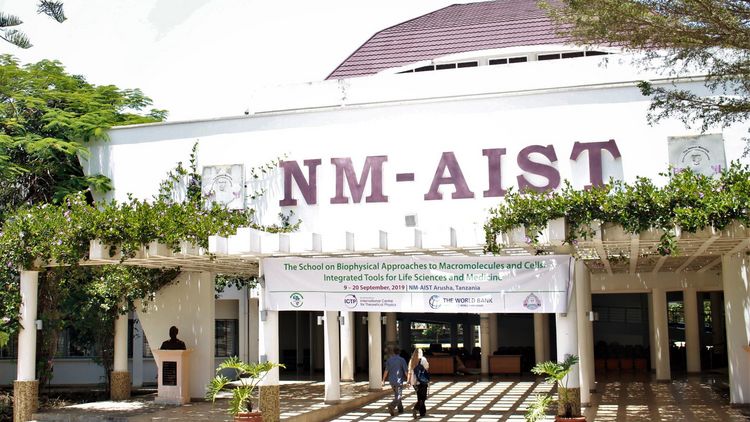Computer systems that control devices such as televisions or smartphones are the focus of a study programme that Oldenburg's business informatics experts helped to establish in Tanzania. In order to further expand this course, the partners are now receiving another multi-million euro grant.
In recent years, a Excellence Centre for information and communication technologies has been established in the East African country of Tanzania - the Centre of Excellence for ICT in East Africa (CENIT@EA), built up by business informatics experts from Oldenburg around Prof. Dr Jorge Marx Gómez with partners. The follow-up project, now funded with 4.2 million euros, continues to implement the measures initiated in the first stage with the long-term goal of transferring the Excellence Centre into local hands.
Its central element is the Master's programme Embedded and Mobile Systems at the Nelson Mandela African Institution of Science and Technology (NM-AIST) in Arusha, Tanzania, which was launched in 2019 as part of the predecessor project and focuses on computer systems that control and monitor devices such as televisions, washing machines, self-driving cars and smartphones. Students complete a two-year programme which currently covers the theoretical foundations of information science and practical methods of software development.
The new project "German-African Higher Education Excellence Centre in the East African Community" (dskills@EA-CENIT@EA) aims to improve the quality of the programme, adapt it to the specific requirements of industry in East Africa and reaccredit it. The measures are intended to help counter the migration of skilled workers. The funding is provided by the Federal Ministry for Economic Cooperation and Development, the Gesellschaft für Internationale Zusammenarbeit and the German Academic Exchange Service.
In addition to the University of Oldenburg, the Nelson Mandela African Institution of Science and Technology (NM-AIST) in Arusha (Tanzania), the University of Dar Es Salaam (Tanzania), the University of Technology and Arts of Byumba (Rwanda), the German Aerospace Center (DLR) and the Mannheim University of Applied Sciences are involved in the dskills@EA - CENIT@EA project. The University of Freiburg, Moi University (Kenya) and Kabale University (Uganda) will also be included in the academic partnership in order to boost knowledge in the field of mobile and embedded systems specifically in East Africa.




